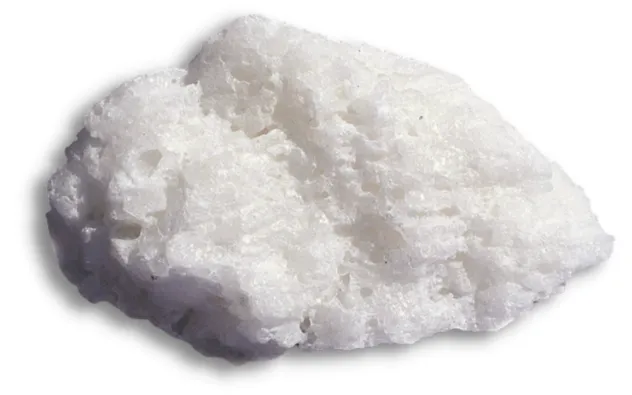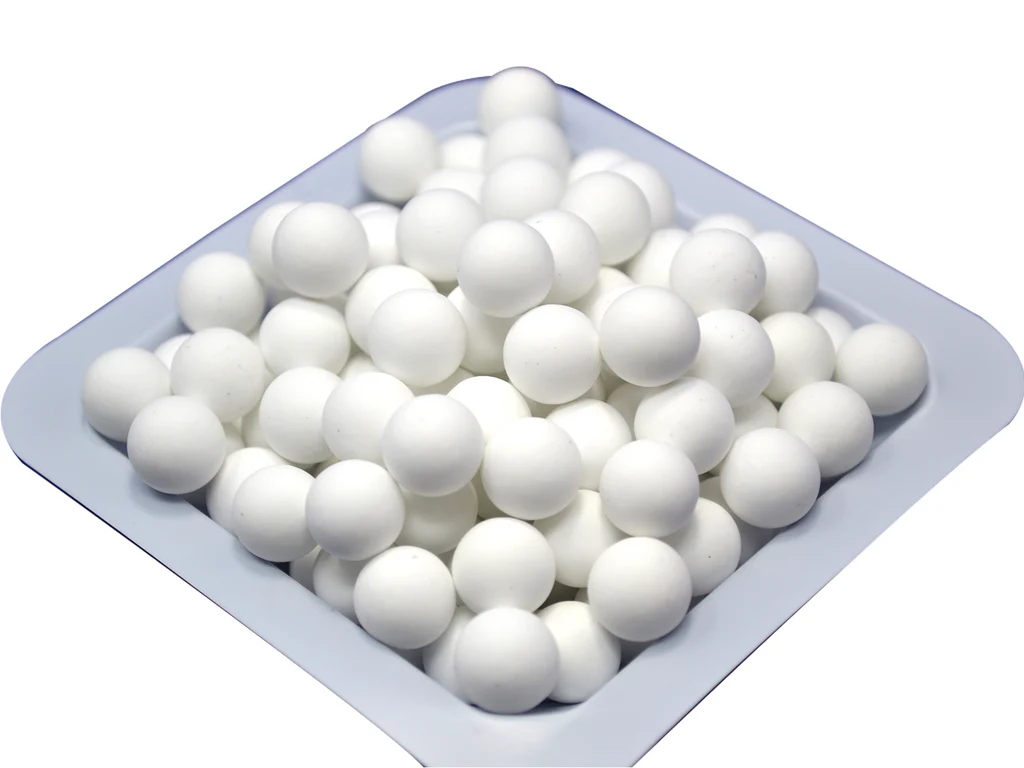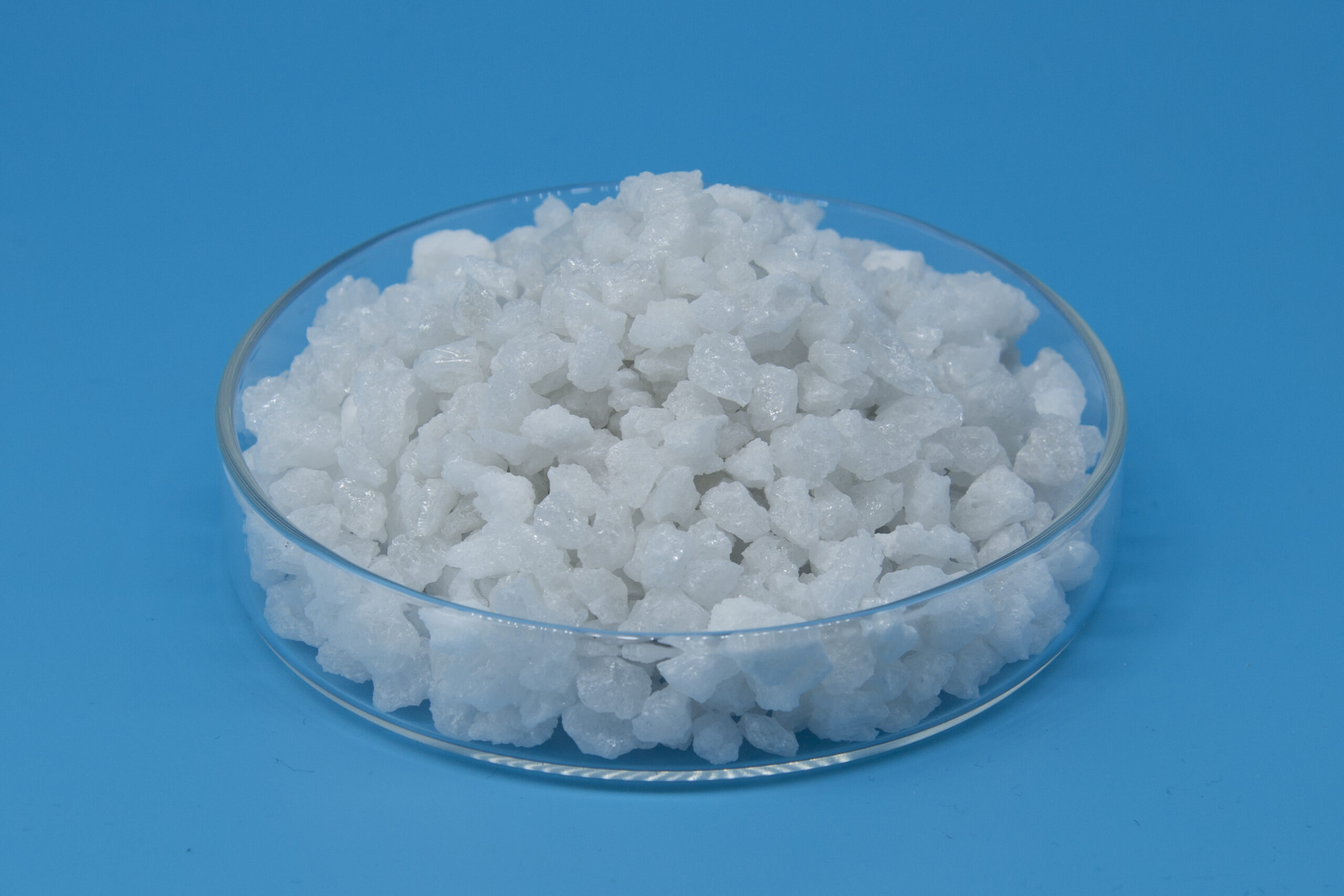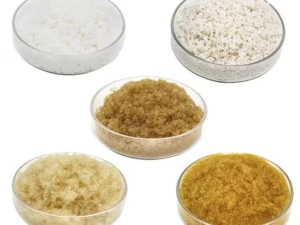Description
Alumina: The Unsung Hero of Modern Industry
Alumina, more formally known as aluminum oxide (Al₂O₃), is a ubiquitous yet often overlooked compound that plays a critical role in a vast array of industries. From strengthening ceramics to enabling the production of aluminum metal, alumina’s unique properties make it an indispensable material in the modern world.
What is Alumina?
Alumina is a chemical compound composed of aluminum and oxygen. In its most stable and widely used form, it exists as a white, crystalline solid. It is incredibly hard, chemically inert, and possesses excellent electrical insulation and high-temperature resistance. This unique combination of attributes is what makes it so valuable across diverse applications.
Key Properties and Their Applications:
- High Hardness and Abrasion Resistance: Alumina’s exceptional hardness makes it ideal for abrasive applications. It is widely used in grinding wheels, polishing compounds, and wear-resistant coatings to protect machinery and extend product lifespans. Think of the scratch-resistant screens on your smartphones – alumina plays a crucial role in achieving that durability.
- High Melting Point and Thermal Stability: Alumina’s ability to withstand extreme temperatures without significant degradation makes it a critical component in refractory materials. These materials are used to line furnaces, kilns, and incinerators, protecting them from the intense heat generated during industrial processes. It’s also used in spark plugs for its ability to withstand high temperatures and electrical arcing.
- Chemical Inertness: Alumina is highly resistant to chemical attack, making it a valuable material in corrosive environments. It is used in chemical processing equipment, laboratory ware, and even in prosthetic implants due to its biocompatibility.
- Electrical Insulation: Alumina’s excellent electrical insulation properties make it a key material in electronic components. It is used in insulators, substrates for integrated circuits, and in the manufacture of capacitors.
- Precursor to Aluminum Metal: Perhaps the most significant application of alumina is its role as the primary raw material for producing aluminum metal through the Hall-Héroult process. Bauxite ore, rich in hydrated alumina, undergoes purification to yield pure alumina, which is then electrolytically reduced to produce aluminum. This process underscores alumina’s fundamental importance to the global aluminum industry.
Beyond the Basics: Diverse and Emerging Applications
While the aforementioned applications are well-established, alumina’s versatility continues to drive innovation in new areas.
- Advanced Ceramics: Alumina is a core component in advanced ceramics, used in applications such as cutting tools, ball bearings, and high-performance seals. These ceramics offer superior hardness, wear resistance, and high-temperature performance compared to traditional materials.
- Medical Implants: The biocompatibility of alumina makes it a popular choice for medical implants, including hip and knee replacements. Its inertness minimizes the risk of rejection and its wear resistance ensures long-term durability.
- Catalysis: Alumina serves as a support material for catalysts in various chemical processes, including petroleum refining and pollution control. Its high surface area and inert nature provide an ideal platform for catalytic reactions.
- Filters and Membranes: Alumina-based membranes are used in filtration systems to remove impurities from liquids and gases. These membranes can be tailored to specific pore sizes, offering precise control over filtration processes.
The Future of Alumina:
As technology continues to advance, the demand for alumina and alumina-based materials is expected to grow. Ongoing research and development efforts are focused on improving the processing methods for alumina, tailoring its properties for specific applications, and exploring its potential in emerging fields such as nanotechnology and energy storage. From the humble beginnings of powering the aluminum industry to its increasingly diverse applications in cutting-edge technologies, alumina remains an essential material driving progress in the 21st century.













Reviews
There are no reviews yet.